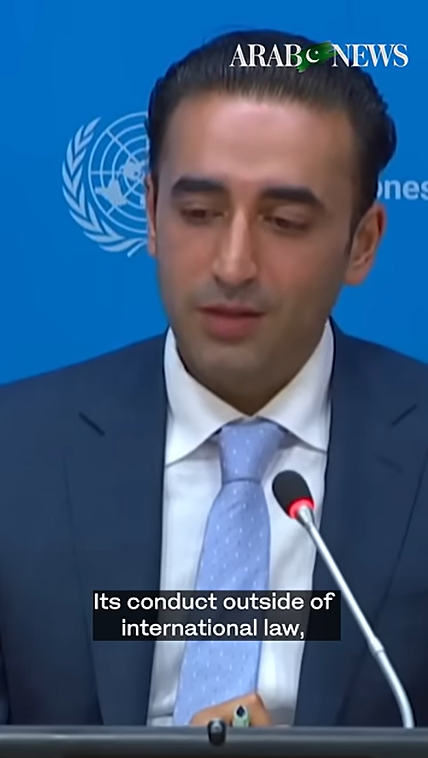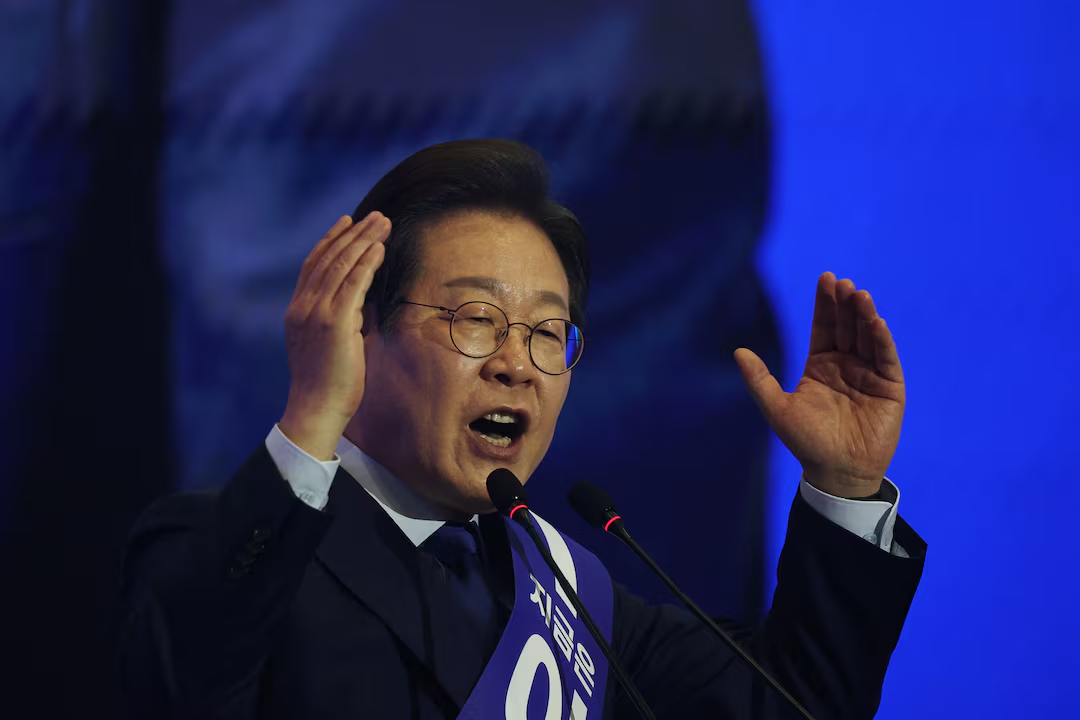Pakistan on Wednesday sharply criticized India for what it described as the replication of Israeli-style aggression in Kashmir, with Foreign Minister Ishaq Dar deriding Indian Prime Minister Narendra Modi as a “Temu version of Netanyahu.” The provocative comparison was aimed at accusing India of mimicking Israel’s tactics in the occupied Palestinian territories in its own policies in Jammu and Kashmir.
Speaking at a press conference in Islamabad, Dar said India was trying to follow Israel’s playbook of “oppression and demographic manipulation,” but doing so in a less sophisticated and more brutal manner. “Modi is the Temu version of Netanyahu,” Dar said, referring to the popular discount e-commerce platform Temu as a metaphor for what he claimed was India’s cheap imitation of Israeli policies.
Dar’s remarks come amid growing concerns in Pakistan over India’s internal security operations and policy decisions in Indian-administered Kashmir. He alleged that India is attempting to alter the region’s Muslim-majority character through measures such as land seizures, settlement planning, and prolonged curfews—tactics he likened to those used by Israel in the West Bank.
Pakistan has long drawn parallels between the Palestinian and Kashmiri causes, framing both as anti-occupation struggles involving Muslim populations subjected to foreign military control. Islamabad has also repeatedly criticized New Delhi’s growing strategic and defense ties with Tel Aviv, asserting that Indian policies in Kashmir have been shaped by Israeli military doctrines.
Foreign Minister Dar claimed that India’s “settler colonialism” in Kashmir mirrors Israel’s treatment of Palestinians. “The parallels are undeniable, and the world must not turn a blind eye,” he said. He further urged the international community, including the United Nations and Organization of Islamic Cooperation (OIC), to take meaningful action against both Israel and India for alleged human rights violations.
India has consistently rejected such comparisons and criticism from Pakistan, insisting that Jammu and Kashmir is an internal matter. Indian officials argue that the region’s reorganization and ongoing development efforts are meant to improve security and living standards, not to disenfranchise the local population.
So far, New Delhi has not issued an official response to Dar’s latest statement. However, Indian diplomatic sources have previously dismissed similar remarks as “diversionary rhetoric” intended to deflect attention from Pakistan’s own domestic challenges.
The “Temu version of Netanyahu” phrase quickly gained attention on social media, trending in both Pakistan and India, with reactions ranging from praise for Dar’s boldness to criticism for trivializing a serious issue with populist language.
Tensions between the two nuclear-armed neighbors remain high, with formal dialogue suspended since 2019 following India’s revocation of Kashmir’s semi-autonomous status. Pakistan continues to call for international mediation and a return to UN resolutions on the region, while India maintains that the Kashmir dispute must be resolved bilaterally and without foreign interference.
As Pakistan ramps up its diplomatic campaign to highlight Kashmir on the global stage, comparisons with Israel and the Palestinian cause are likely to remain central to its messaging. Whether such rhetoric leads to renewed international attention or further hardens positions remains to be seen.
Source: Arab News



